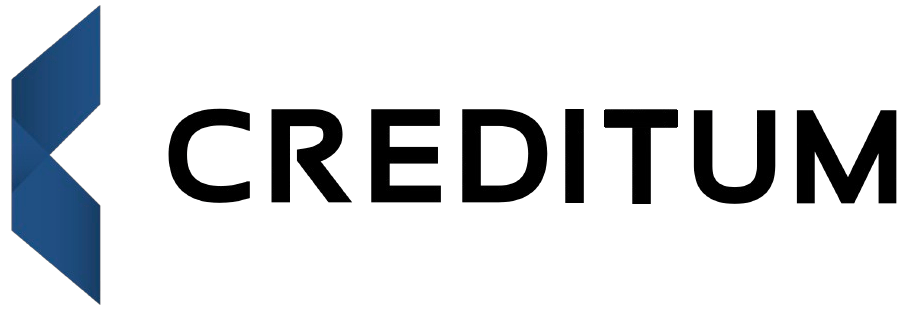Major Purchase Loans
- No impact on your credit score when
you compare - Get offers in seconds
- Loan offers are non-binding

Major purchase loans are a helpful option when you plan to buy expensive items but don’t have the cash up front. These loans can be used for things like furniture, electronics, or even home improvements. This allows you to spread out payments over time, making big expenses more manageable. It’s wise to consider how much you can afford each month before committing to a loan, so you can ensure it fits into your budget without any stress. Remember, choosing the right loan can make a significant difference in handling your finances smoothly.
Why consider major purchase loans?
Many people find themselves in situations where making a large purchase is essential, yet funds are not readily available. Whether you want to renovate your home to accommodate more space for a growing family or perhaps upgrade to a more fuel-efficient vehicle, major purchase loans can offer a quick financial solution. These loans provide the flexibility to access finances without having to save for years, allowing you to meet your needs promptly.
There are also times when special opportunities arise, like a limited-time home sale or a dream holiday package. In these cases, the ability to act swiftly is crucial. Major purchase loans enable you to seize these opportunities without waiting. Moreover, they help in spreading out the cost over a manageable period, which can alleviate financial strain and make significant expenses less daunting. Remember, these loans can be tailored to suit your repayment abilities, making them a versatile option for many households in South Africa.
Different types of major purchase loans
When considering a significant expenditure, various loan options cater to different needs. One common choice is personal loans, which offer flexibility for diverse uses like home renovations or buying furniture. They usually come with fixed interest rates and a set repayment period, making them predictable in terms of monthly commitments.
Another option is home loans or mortgages, tailored specifically for property purchases. These typically require a longer repayment period, often spanning decades, and usually have lower interest rates compared to other loans. They come with options like fixed or variable rates, offering a degree of control over financial planning.
For vehicle purchases, car loans are available, designed to spread the cost of buying a car. These loans generally have shorter terms than mortgages and can have either fixed or variable interest rates. It’s crucial to compare your options to find the best fit, considering the interest rates and repayment terms that align with your financial situation.
Short-term vs long-term loans
When deciding between options for financing, it’s essential to understand the differences between short-term and long-term loans. Here’s a quick comparison in a list format:
- Repayment Period: Short-term loans are typically repaid over a few months to a year, while long-term loans can stretch over several years.
- Interest Rates: Short-term loans may have higher interest rates but lower overall costs, as they’re repaid quicker. Long-term loans often boast lower rates but accumulate more interest over time.
- Amount Borrowed: Short-term loans usually cover smaller amounts. Long-term loans allow for larger sums, ideal for significant purchases.
- Use Cases: Opt for short-term loans for immediate, smaller needs. Choose long-term for larger investments, like home renovations.
How to determine loan affordability
Before applying for a major purchase loan, take a close look at your financial health. Start by calculating your monthly income and subtracting all necessary expenses, such as rent, groceries, utilities, and insurance. The amount left over is what you might have available for loan repayments. It’s important to ensure that repayment amounts don’t disrupt your standard of living.
Next, consider your existing debts and commitments. This includes credit cards, store accounts, and any other loans. High debt levels can impact your chances of approval and could strain your finances. Aim to keep your total debt payments, including the new loan, under a manageable percentage of your income. This way, you’ll avoid unnecessary stress on your finances and maintain a good credit profile.
The application process simplified
Applying for a major purchase loan involves a few straightforward steps. First, you need to determine how much you can afford to borrow. This calls for a short look at your monthly budget to see your income versus expenses. Once you’ve a clear picture of your finances, find a loan amount that fits comfortably within your means. It’s essential to not overstretch your budget.
Next, gather the necessary documents. Banks usually ask for proof of income, such as payslips or bank statements, and identification like an ID or passport. Some might need a utility bill to confirm your residence. Once everything is ready, head to the loan provider’s application page and fill out the requested information. After submitting, wait for approval. They’ll reach out to discuss terms and any next steps. Remember, patience and attention to detail can help ensure a smooth process.
Common misconceptions about loans
When it comes to major purchase loans, many believe they are only for people with top-notch credit. This is not always the case. While credit is important, several lenders in South Africa assess your overall financial situation, not just your credit score. This means you might still qualify for a loan even if your credit history is less than perfect.
Another common myth is that loans for significant purchases always come with high interest rates. In reality, rates can vary widely based on the type of loan and the lender’s policies. It’s crucial to compare options to find one that offers competitive terms. Our platform assists with this, helping you save time and money by listing popular online loan services available in South Africa.
Some also think that once you take a loan, you’re stuck with it until the end of the term. Many lenders actually allow for early repayments without penalties. This flexibility can be beneficial if your financial situation changes and you wish to settle the debt sooner. Always check the terms and conditions to understand your repayment options.
Expert tips for managing repayments
Creating a detailed budget is crucial for managing loan repayments effectively. Start by outlining your monthly income versus expenses. This will help you identify areas where you can cut back on spending to allocate more funds towards your loan. Prioritise your debts by focusing on overdue repayments first to avoid penalties. Make use of automated payments to ensure you never miss a due date, easing the stress of manual monitoring.
Communication with your lender is key. If you foresee trouble in meeting a payment, contact your lender immediately. Many lenders offer solutions like adjusting your payment plan to better suit your financial situation. Also, consider setting up an emergency fund. This can be a financial lifesaver for unexpected expenses, ensuring your loan repayments stay unaffected.
